Jealousy is a difficult emotion to navigate, especially in romantic relationships. While it’s natural for us to turn green with envy when our partner gives someone more attention than us, it’s also a bit embarrassing to feel that way. Coupled with the misconception that people shouldn’t feel jealous in poly dynamics, dealing with jealousy in polyamory becomes all the more difficult.
Is this an emotion you should be feeling? Should you bring it up with your partners? Is your reaction normal, or are you going to be looked down upon for even feeling what you’re feeling?
The questions can eat away at you, and a lack of communication is only going to increase the distance between you. In this article, relationship and intimacy coach Shivanya Yogmayaa (internationally certified in the therapeutic modalities of EFT, NLP, CBT, REBT, etc), who specializes in different forms of couples counseling and is a polyamorous woman herself, writes about how we can navigate jealousy in polyamory.
How To Deal With Jealousy In Poly Relationships
Table of Contents
Poly relationships aren’t very visible or spoken about in our society as of yet. I remember one person approached me about the setup of his poly relationship. He wanted to ask if it was normal or abnormal since he wasn’t very aware of how poly dynamics unfold.
Turns out, he was happy, and so were the other women involved in his situation. His lack of information made him question the dynamic, even though they all lived harmoniously. These relationships aren’t exactly like open relationships; think of them more as community living. Whether it’s in a house and the partners are living like a family, or if there’s just a sense of camaraderie.

Jealousy in polyamory is part and parcel of the whole process. To think that this normal emotion doesn’t exist in such dynamics is a myth. At the end of the day, whether we are monogamous or non-monogamous, we are still human.
We still have insecurities in our relationships. Even though we have an openness to accepting other partners, there could be certain situations that could make us feel less important, less heard, or less seen. Since such relationships aren’t openly seen or discussed, understanding and dealing with jealousy in polyamory can get difficult. Here are a few things you must keep in mind:
Related Reading: Jealousy In A Relationship Is Most Often An Indication Of These 9 Things: An Expert’s View
1. The partner needs to be sensitive
First of all, the person who has a jealous partner needs to approach the situation with empathy. They should be emotionally available, transparent, and show an openness to communicate.
You shouldn’t avoid, condemn, or punish your partner for feeling what they’re feeling. Instead of making them think they’re overthinking, overreacting, or that their feelings are wrong, make sure you’re kind.
Use compassionate words to help the other person feel validated and settled. You must display maturity, sensitivity, and sensibility to handle this situation. Going forward, make sure you talk about how to make your partner feel more included since your entire dynamic depends on it.
Consent from the primary partner is required for a poly relationship. Make sure that has been discussed effectively. Randomly deciding what you’d like to do and going ahead with it without a conversation is just going to guarantee jealousy, which is going to be well warranted.
2. Dealing with jealousy in polyamory requires taking ownership
As for the partner who is feeling jealous, you must take ownership of what you’re feeling. Your own emotions, triggers, and polyamory insecurity.
You may feel certain issues and triggers pretty often, which give you anxiety over and over again. That, in effect, will result in a negative push-pull relationship. Hence, you must use certain techniques and make sure you take the help of counseling or even mindfulness if overcoming jealousy in polyamory is important to you.
3. Recognize your personal triggers
Understand what the triggers are; think about if you’ve experienced them before, even in your childhood. You must revisit it in your mind as well as in your body. What I mean by that is, these emotions are embedded in your bodies, and when the triggers happen again, you’ll feel your body react in unfavorable, albeit similar ways.
For example, if a partner says they’re going out for a movie, the jealous partner is going to start physically feeling anxious, angry, or devastated. If their partner starts talking to someone for a long time, they may feel similar changes in their body and mind.
The more you understand what’s causing the jealousy and become aware of what’s happening in the now, you can figure out how to deal with it. We call it “witnessing the emotions”. It involves being mindful of one’s own thoughts and emotions. I make my clients recall any memory that comes up, and try to make them see it for what it is and not for what it seemed like in the moment.
4. Work on your insecurities
All jealousy stems from insecurities and low self-esteem. It could be because you had siblings and were compared a lot. Or you may have been abandoned by your parents, or someone around you might have been more talented than you were. As a result, you might have started feeling like they’re not good enough.
Because of that emotion, you’re worried about someone taking your place. You may start thinking about how different partners may make your primary partner happier than you can. Questions like, “Does s/he do more for you than I can? Does s/he make better love to you? Do they make you happier than I can?” may arise.
Such comparisons come up in everybody’s mind, it’s normal to feel this way. When you understand and declare to yourself, “I am what I am, this is what I can give you, this is who I can be with you, and that needs to be enough”, the tendency to compare can decrease.
Once you start working on their insecurities by accepting themselves for who they are and what your worthiness is, it becomes easier to not feel so threatened by your partner’s partners.
Related Reading: Polyamorous Relationship Story: Conversations With A Polyamorist
5. Validate your own reactions
When you’re experiencing jealousy in poly relationships, you may not know if what you’re feeling is normal. One of the most important steps in dealing with jealousy in polyamory is to validate your own emotions.
To do that, you must find out if you are overreacting. Figure out the reasons for your thoughts and emotions. Challenge them, ask yourself if there’s truth behind what you’re thinking or not. Are your emotions justified? Is it true that your partner is dishonoring you, giving you less importance? Is it true that they’re not willing to be with you? Once you answer those questions honestly, you’ll know if your reaction is justified or not.
It’s important to keep in mind that you must not be biased in your answers. Try to practice empathy in your relationship as well. Is your partner busy because of exams or work, or are they forming a rapport with someone new, and you’re not used to it?
6. Get busy with yourself
When your partner is busy with other people, polyamory insecurity can take hold. It’s important to make sure you’re keeping yourself busy. You could just hang out with friends, pick up a new hobby, cultivate your identity, find your worthiness. Finding yourself out of the relationship will empower you, hence you’ll also be working on your insecurity.
The emotional dependency on your primary partner, as a result, will also minimize. As a result, the fear of losing this partner won’t be debilitating either.
For more expert videos please subscribe to our Youtube Channel. Click here.
7. Communicate without accusing
Of course, when you’re dealing with jealousy in polyamory, there may be emotional outbursts involved. However, if you’re overcoming jealousy in polyamory, effective communication is a must.
Have a conversation about how you’re feeling without accusing anyone or raising your voice. Sit with your emotions, and tell your partner something like, “I feel uncomfortable when you’re not around, and I feel less important when you choose to be with another person more often than I want you to be.”
Follow it up with a question that doesn’t sound accusatory. “I would like to spend more time with you. How can we make time and space for ourselves? What is it that we can do that can make me feel included?”

8. Set rules
Every polyamorous relationship has rules that are mutually accepted. If there aren’t any rules or boundaries, the relationship is going to fall apart, be threatened or feel out of sync. Just like there are certain bindings and obligations in marriage, polyamorous relationships should have some as well.
Assuming that you understand what is expected and what isn’t just because you’re in a poly relationship isn’t a good idea. There could be different degrees of openness. Some people might not mind their partners hanging out with people of the same sex but some may have a problem with it.
Hence, when dealing with jealousy in polyamory, it’s important to talk about the boundaries and rules so nobody feels attacked, taken for granted, or violated.
9. Make sure your morals are in the right place
When people run toward polyamory or even open relationships because of fear of commitment, fear of missing out, the fear of losing freedom, the fear of taking responsibility, the fear of being abandoned, they need to watch out.
In those situations, the relationship becomes self-defeating, deceitful, and manipulative. The relationship then features “players”, instead of real lovers. And compassion goes missing.
As I explain it, polyamory is “living and loving from the heart, not the hormones”. Majorly, people are driven by their hormonal lust to have more partners under the label of polyamory. On the contrary, it includes, or rather must include compassion, trust, empathy, love, and responsibility.
We may think that polyamory is the done deal in today’s era, but the truth is that it comes with a lot more complications than monogamous relationships. You’re living with multiple people, you’ve got to match their rhythm, their personality, and hence it’s easy to see how jealousy in polyamory is so common.
With the help of the points I listed out, hopefully, dealing with jealousy in polyamory becomes easier for you. Remember, what you’re feeling is normal, and taking ownership of it is the first step.
5 Things To Consider Before Beginning A Polyamorous Relationship
Your contribution does not constitute a charitable donation. It will allow Bonobology to continue bringing you new and up-to-date information in our pursuit of helping anyone in the world to learn how to do anything.

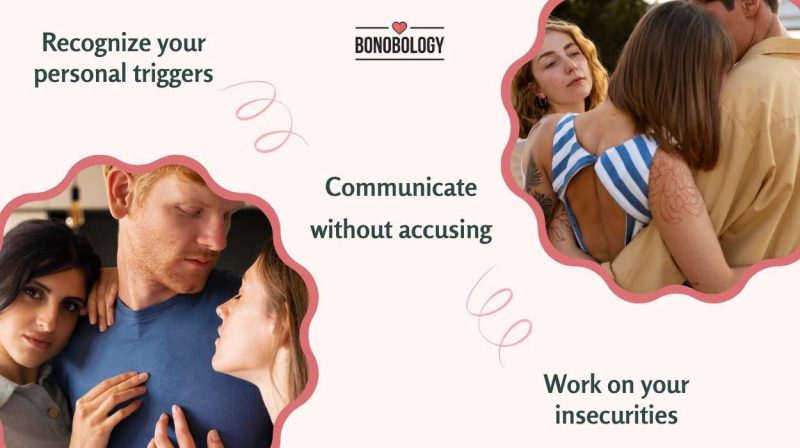


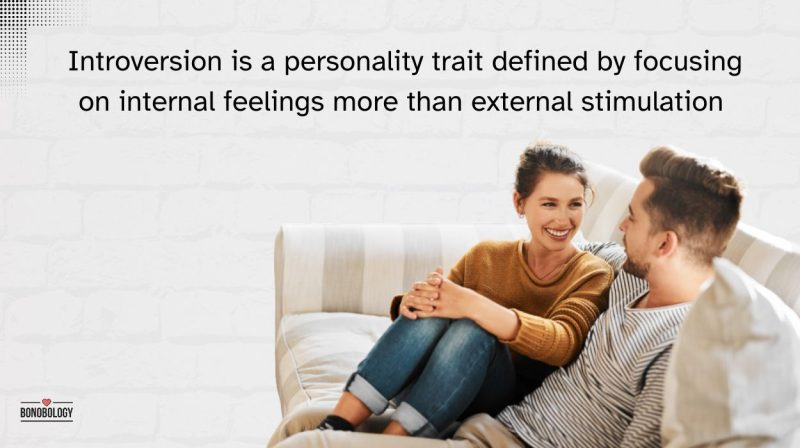








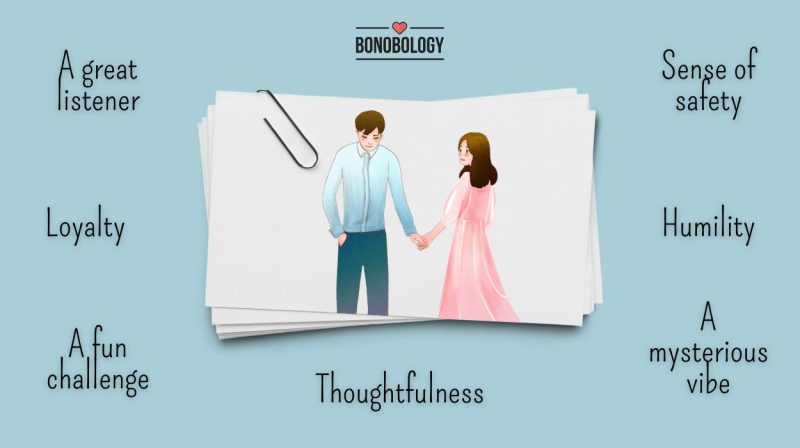




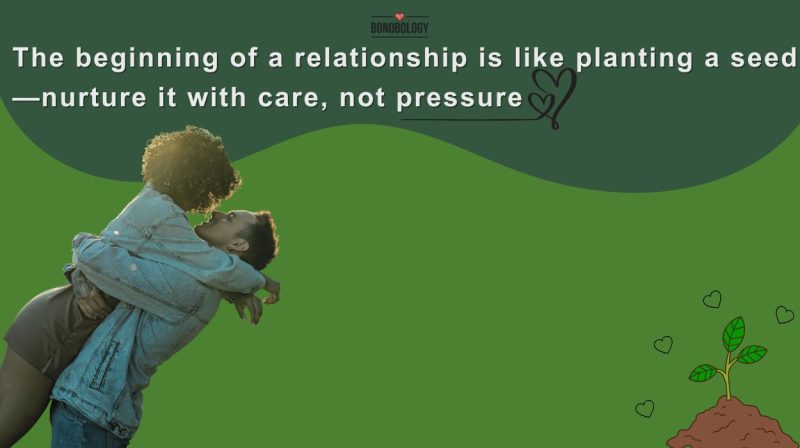


Featured
Dating While Pregnant: Complete Guide to Healthy, Respectful Connections
Good Rizz Lines For A Girl: Best Flirty, Smooth And Funny Lines That Work
Introvert Dating: A Complete Guide (2026)
The Role of Trust in Relationships: How to Build and Maintain It
5 Communication Styles In Relationships: What They Mean & How To Use Them
21 Nuggets Of Relationship Advice For Women
What Is Simping And Is It A Red Flag In Guys?
Introvert Dating Introvert: A Complete Guide
Is He Shy Or Not Interested? 26 Ways To Tell The Difference
Gen Z Dating: Understanding and Navigating the Landscape
What Are Fun Dating Questions? 140 Playful, Flirty, and Deep Starters
Navigating Exclusivity In A Relationship: How To Do It Right
Do Girls Like Shy Guys? 7 Reasons They Do
101 Fun Date Night Questions To Laugh, Flirt, And Bond Over
161 Weird Questions To Ask Your Boyfriend And Get Him Talking
Why I Will Never Date A Widower Again -A Woman’s Story
How Long Should You Date Before Getting Engaged
Dating Guide: 9 Things To Never Do In The First Month Of Dating
11 Red Flags When Dating A Separated Man | Don’t Ignore These
152 Most Stupid Pickup Lines of All Time | AVOID THESE At All Costs